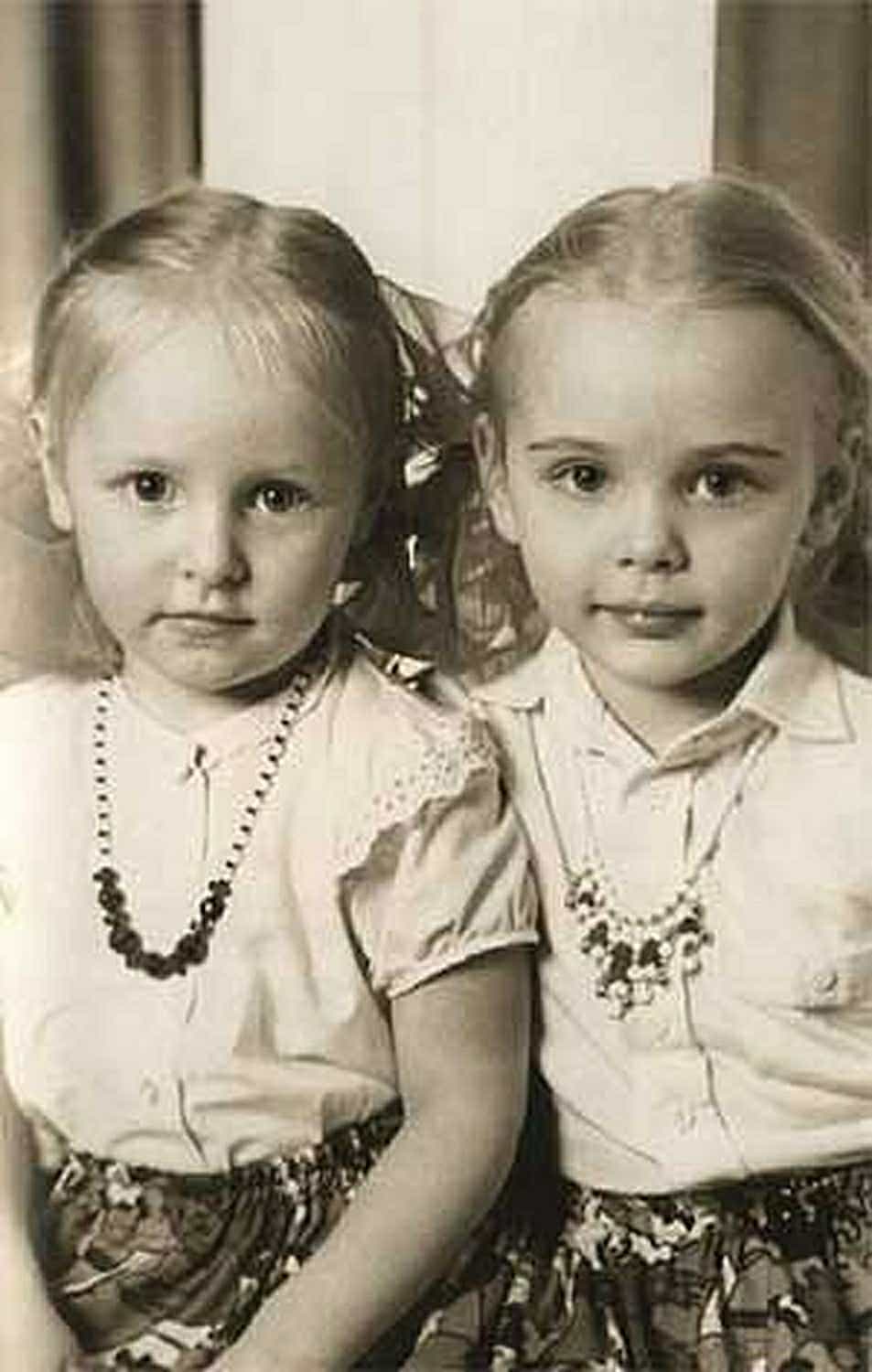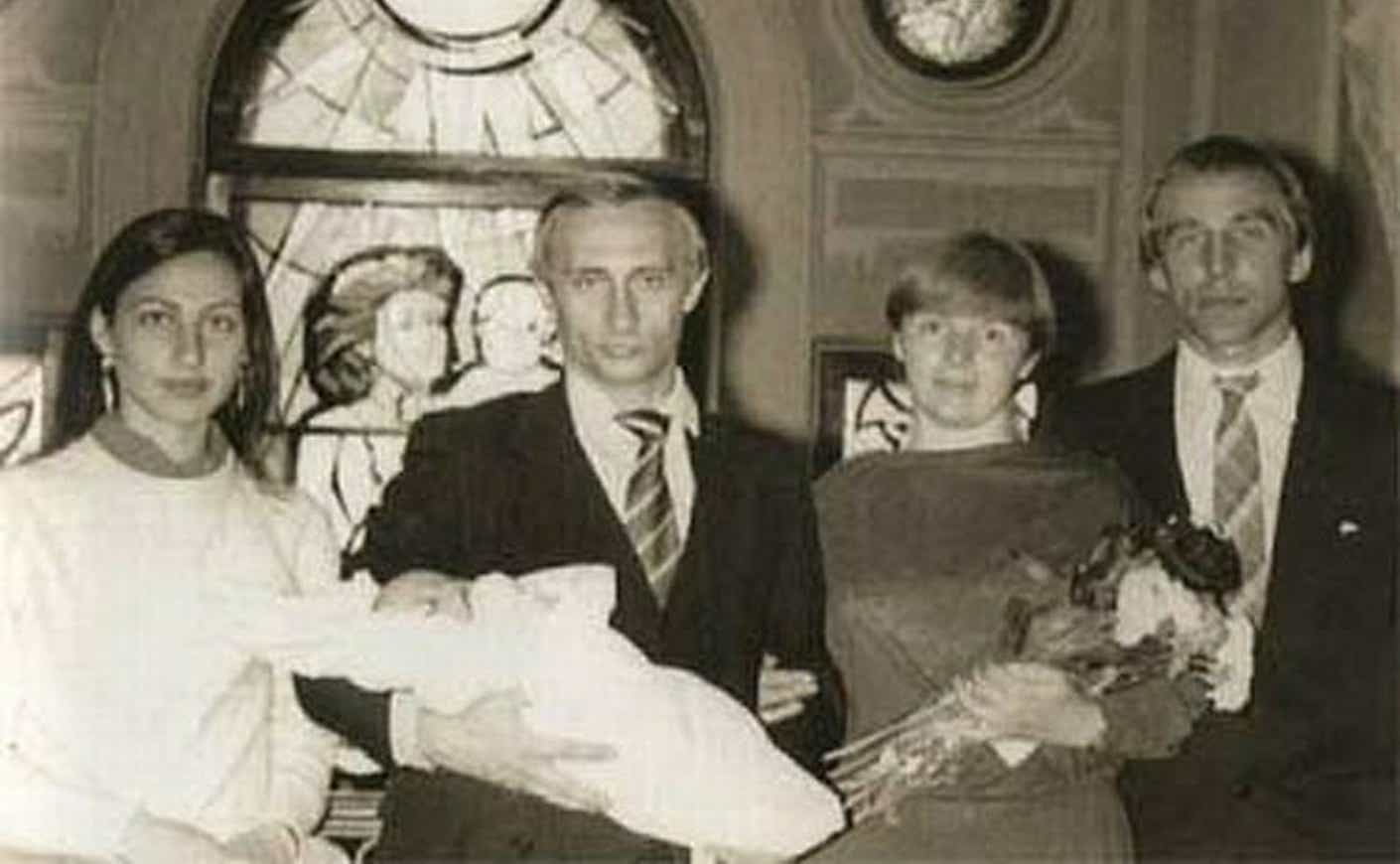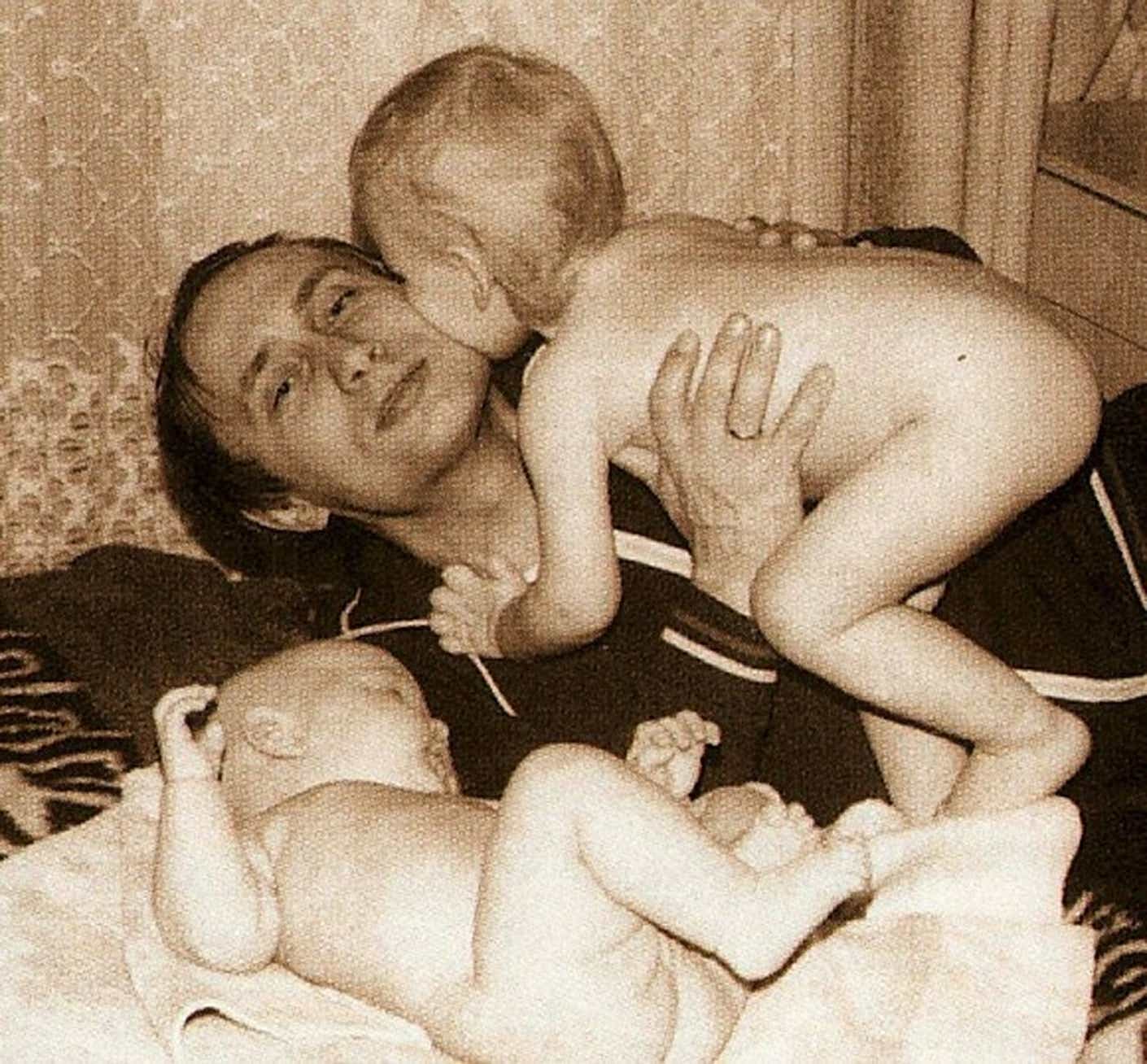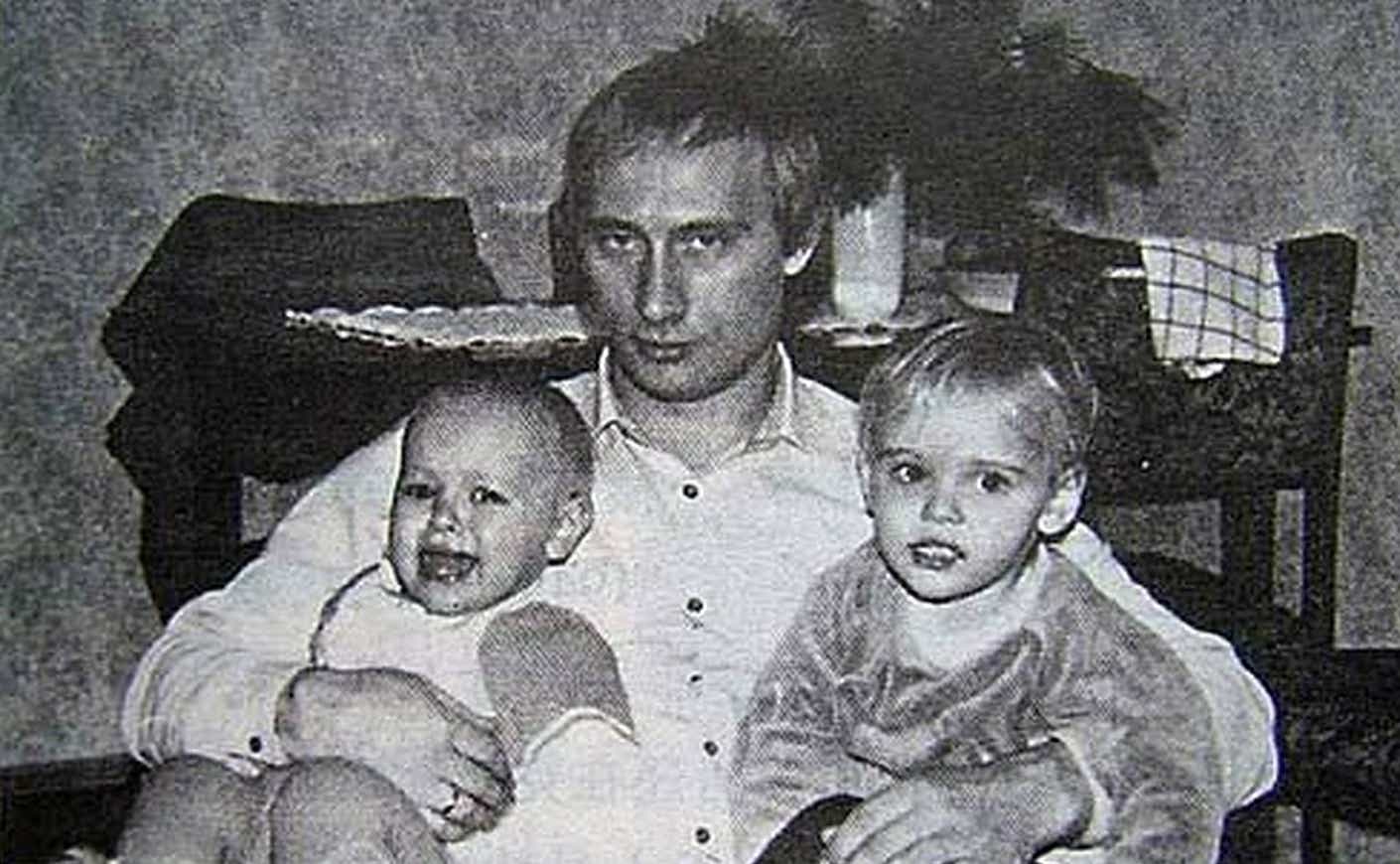Even though he’s been in power for more than two decades, Russian President Vladimir Putin remains a mystery.
“He’s a caricature, he’s like a fairytale czar and he plays this up through things like the language in his speeches,” says Matthew Schmidt, Ph.D., an associate professor of national security and political science at the University of New Haven. Putin is especially cagey about his family: Asked about them in 2015, the Russian leader made it plain, saying “I never discuss my family with anyone.”
As Dr. Schmidt points out, this secrecy isn’t exactly uncommon: Plenty of other leaders, like North Korean Dictator Kim Jong Un, similarly keep their inner circle hidden from public view.
Still, there are enough documents, media reports, and the occasional public pronouncements to at least paint a vague portrait of Putin’s private life.
Who are Putin’s daughters?
It’s known that Putin has two daughters, Maria Vorontsova and Katerina Tikhonova, who’ve become targets of U.S. sanctions in response to the ongoing war in Ukraine.

Maria currently works as a pediatric endocrinologist and genetics researcher, and of the two daughters, tends to stay out of the public spotlight more. (Though she did make an appearance in a 2019 interview on a Russian network to talk about children’s obesity and diabetes.) Katerina, on the other hand, made waves as a competitive dancer in her youth, and several of her performances are online. Now she’s a tech executive, and in 2015, Bloomberg reported that she became head of a $1.6 billion startup. At some point, she married Russian businessman Kirill Shamalov before their reported split in 2018. In the last few years, Putin has also confirmed that he’s a grandfather, though he refused to offer any more details.
“My daughters live in Russia and studied only in Russia, I am proud of them,” Putin said succinctly when asked about them at a 2015 news conference. “They speak three foreign languages fluently.”
What about Putin’s ex-wife and gymnast girlfriend?
His daughter Maria and Katerina are from his first marriage, to Lyudmila Shkrebneva. The couple first met in 1983 when she was working as a flight attendant, and were together for 30 years as Putin quickly rose to the top of Russia’s political hierarchy.

But then in 2008, a Russian newspaper called Moskovsky Korrespondent reported that Putin divorced Shkrebneva and got engaged to Olympic gold medal gymnast Alina Kabaeva, 30 years his junior. Putin denied the claims and the newspaper was shut down shortly after the shocking report, but he didn’t publicly announce his divorce from Shkrebneva until five years later. Though the Kremlin continues to deny Putin’s love affair with Kabaeva, they’re believed to have four children together, including twins.
As for Shkrebneva, she appears to have gotten her own happy ending: It’s rumored that she lived in a monastery for a time before moving to a lavish villa in the southwest of France, and marrying her much younger husband, Artur Ocheretny.
Why is Putin so secretive about his family?
Beyond those details, much of Putin’s personal life has remained private and unconfirmed, begging the question, why does he even conceal his personal life in the first place? First and foremost, Dr. Schmidt believes that it has to do with protecting his family.
“I don’t think you should underestimate the idea that he’s a dad and he’s trying to protect them from the dangers of being his kids,” says Dr. Schmidt. “And he has been doing that since long before this war in Ukraine.”

There might also be some more strategic explanations, such as national security. Dr. Schmidt explains that Putin’s decision to shield his family from the public helps prevent them from “making mistakes and being targets of intelligence or being some kind of pathway for information to go out and sabotage them.”
But national security expert John Sipher thinks the secrecy around Putin’s family has more to do with the Russian president’s background as a former intelligence officer for the KGB (Committee for State Security).
“He’s sort of got this strong-man mentality that he needs to always be in control of every situation — and therefore allowing people to know things about him might give those people an advantage,” says Sipher, who formerly served as a member of the Central Intelligence Agency’s National Clandestine Service for 28 years.
We also know very little about Putin’s wealth
Regardless of the motivations behind Putin’s secrecy, it’s hard to deny the financial incentives. For instance, many believe Putin is using his family to launder money — and there are reports that back this up. In 2018, the Danish newspaper Berlingske reported that Putin’s own relatives were using Denmark’s biggest bank to hide money.
While there’s some debate over the extent of Putin’s wealth, it’s believed that he has amassed quite a fortune over the course of his decades-long career, through various financial schemes. Some authorities believe his assets total up to $200 billion, making him potentially (and secretly) the richest man in the world. Putin, however, claims he earns $140,000 a year and owns a modest apartment, as well as three cars.
There are some doubts over whether Putin will be able to continue to hide his private life as he and his family continue to face scrutiny amid the war in Ukraine. Sipher explains that as Russians and others flee the conflict, investigative journalism groups like Bellingcat (which uses big data and open source intelligence) may be less inhibited about going after Putin’s personal life.
“There’s a lot of Russians — and Russian media professionals — who’ve fled Russia and may be more willing to share knowledge now that they’re outside of Russia,” he says.









